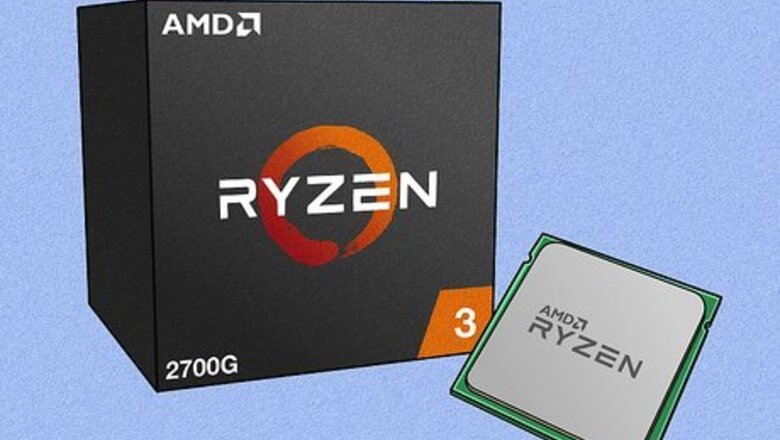
views
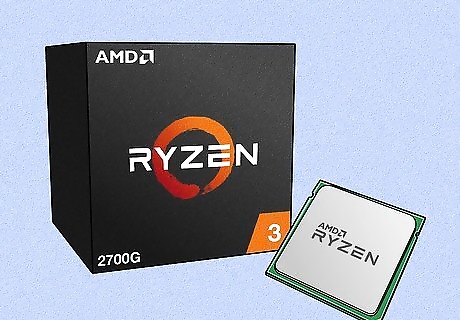
Pick a cheap but fast processor (CPU). If your budget is below $1000 an AMD Ryzen processor, especially the 1600 or the 2700, will be your best value. Other options are also available by Intel that usually carry out more raw performance, but come with a larger price tag, like the i7 8700K. If you want to build a computer for cheaper (sub $350), you want to look for a CPU with a powerful integrated GPU (APU). The best APU currently available is the AMD Ryzen 3 2400G.
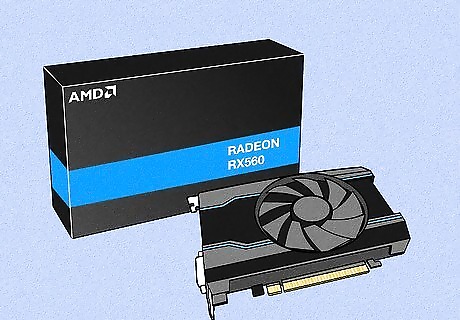
Pick a good graphics card (GPU). A good graphics card is essential for modern games to operate well. However, the rule of thumb is that the GPU takes up one third of the budget. It is worth investing in second hand graphics cards in a very tight budget, especially the models GTX 960, GTX 970 and GTX 1050. For any larger budget any new GPU by AMD or NVIDIA will suffice. The best value is carried by the series AMD RX 5xx and the GTX 1660Ti.
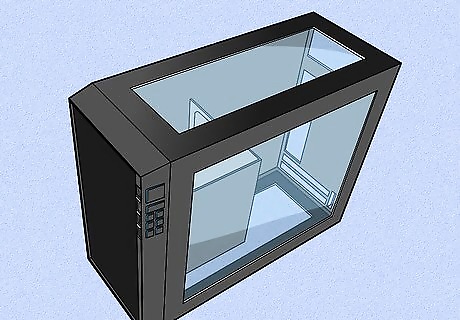
Pick a case that you can afford. You'll want to save as much room as you can on the case. Just make sure that the case has enough room for proper air-ventilation to prevent overheating when the game gets tough. Hardware reviewers offer long lists that compare cases in component temperature and do in-depth reviews.
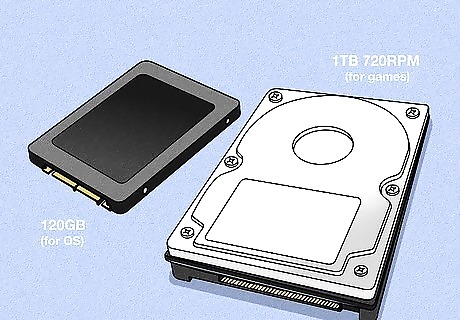
Pick a large and fast storage drive. Storage comes in two types: Hard Disk Drive (HDD) and Solid State Drive (SSD) storage. HDDs use mechanical components which make them cheaper, but also slower. SSDs are a modern technology which are faster due to being free of moving parts. SSDs can be 2x to 50x as expensive as a HDD. Just make sure your motherboard is compatible with the drive: Many SSDs and almost all HDDs come with the common SATA connector, while NVMe SSDs use the M.2 connector. Usually a 1 TB 7200RPM hard drive is enough to store many games, but if the budget allows for it, you should at least try to include a small, 120GB-256GB SSD for your operating system and your favourite games to run faster.
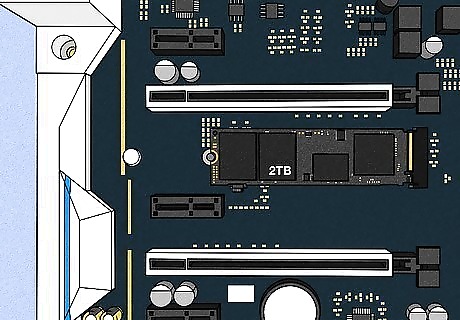
Pick a compatible motherboard. ASUS, Gigabyte, MSI and plenty more are out there. Just make sure it is fully compatible with your CPU and graphics card. Preferrably, pick a motherboard with at least 4 RAM slots, ATX form factor and enough USB ports. More expensive motherboards do not measurably increase performance, they provide you with advanced features.
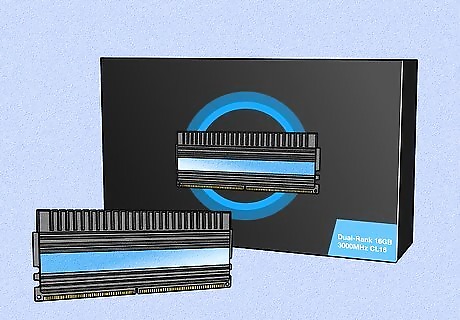
Pick enough RAM. Nowadays 8GB should be seen as a minimum for any modern game, with few games requiring 16 GB of RAM. If you buy an APU, RAM speed and latency is essential. 3000MHz CL16 (lower CL/more MHz is better) is a good value option. "Dual-Rank" kits that split memory on two modules increase performance at the expense of cost.
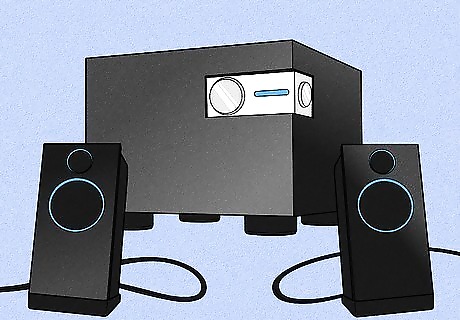
Pick a good speaker. Unless you are in need of a 7.1 Surround Sound system, go for a budget speaker. 2.1, 2 satellite speakers with one sub-woofer will give you good sound. Many gamers use headsets for their integrated microphone.
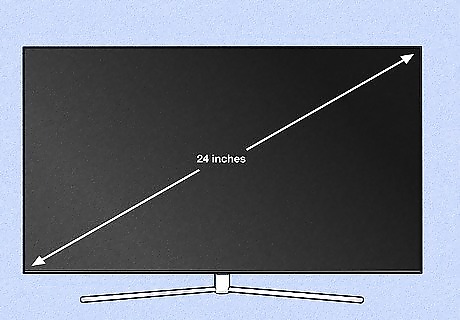
Pick a high quality monitor. Unless you are in need of a cinema, go for a 24" 1080p monitor. Highly competitive games like CS:GO might profit from a high refreshrate 144Hz monitor, meaning the monitor can reproduce higher detail in moving objects. Check reviews to find out if your GPU is powerful enough for this to make a difference.
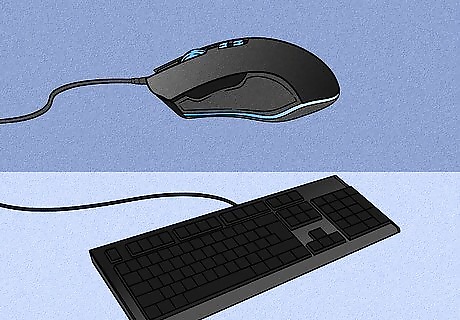
Pick a keyboard and mouse. Unless you are in need of super-high-end gaming gear, just go for a budget mouse and keyboard.
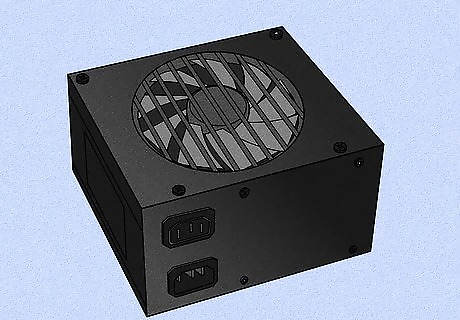
Pick a power supply (PSU). Make sure you get a power supply that corresponds with your needs. Check How to Buy a Power Supply for an explanation.
















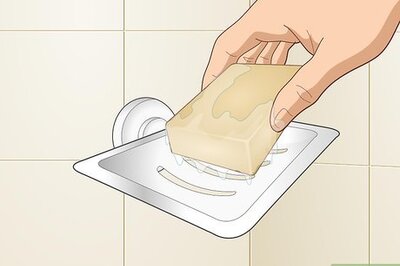
Comments
0 comment